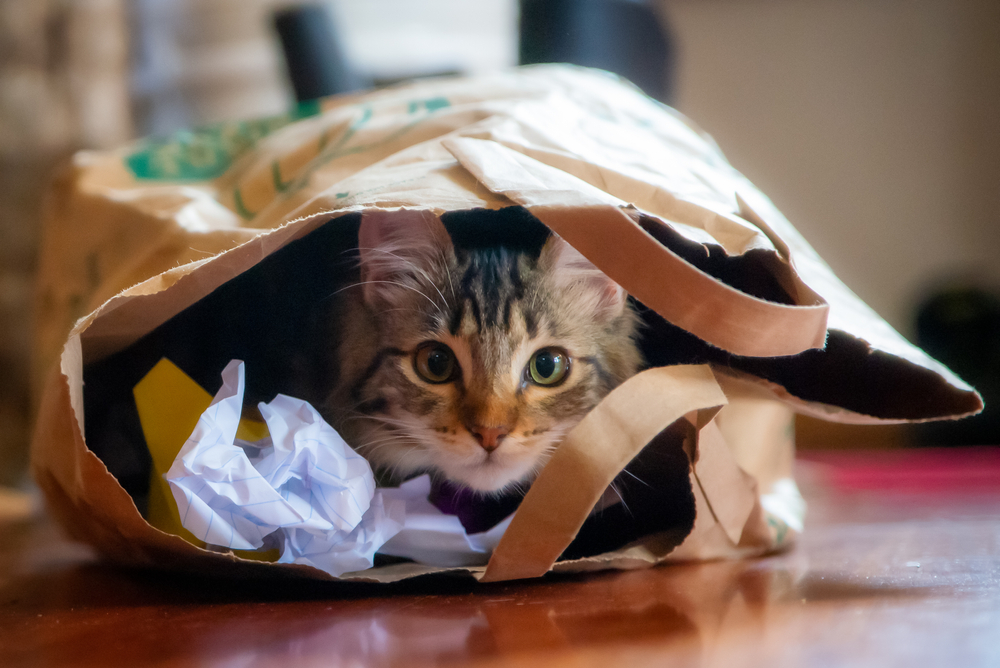Sarah Chavera Edwards and her family adopted a cat over a year ago from a shelter in Arizona. While the cat, named Houdini, now trusts Chavera Edwards and her family, he still sometimes scratches and gets scared easily.
“We love him anyway and celebrate his slow progress,” says Chavera Edward. “He’ll never be a super affectionate lap cat, but he’s funny, fierce and independent.”
Before and during COVID-19, cats and their quirky, misbehaving ways brought joy to their owners’ lives. In fact, a study found that cat-human relationships had a positive effect on humans during stay-at-home periods. One reason is that some cat owners do like it when their cats misbehave.
Disinhibition is Ideal
Cats can be little monsters, but some people love them for that. An article published in the Journal of Research in Personality looked at psychopathic traits in domestic cats, namely boldness, meanness and disinhibition. The researchers defined disinhibition as “reduced behavioral restraint” and “impaired regulation of affect and urges.” Humans may find this behavior annoying in other humans, but not in domestic cats.
Three studies were involved in this research, and the first two studies involved cat owners taking questionnaires about their cat’s behavior remotely. The third study was much smaller but had more controls, such as cat owners living in a certain area in England, and the cats could at least tolerate wearing a collar.
The research found that cat owners liked when cats showed more disinhibition, like jumping around without a care in the world, and perhaps somewhat surprisingly, unfriendliness towards other pets.
“These behaviors tend to foster more frequent cat-owner interactions and emotional closeness between the owner and cat,” says Rebecca Evans, a Ph.D. student at the University of Liverpool and the first author of this study. “Pet-unfriendliness predicting a higher quality relationship was a little s

